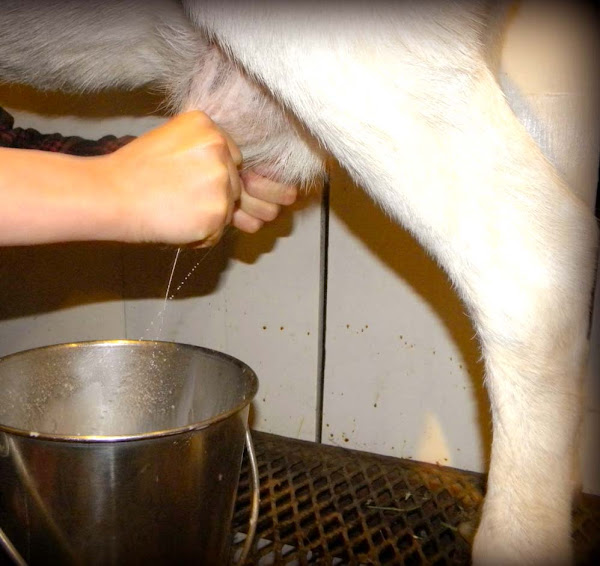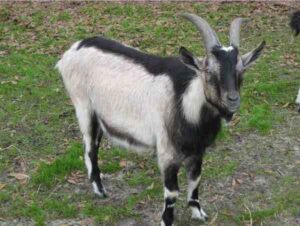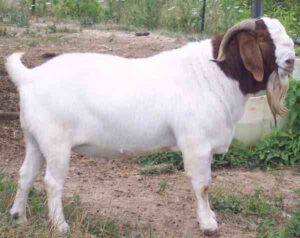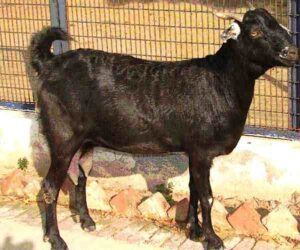Goats are four legged herbivorous animals and they provide us lots of products and benefits. They are one of the oldest domestic pet animals and produce nutritious milk, tasty meat and valuable fur for us.
Goat’s milk is very popular in many countries around the world, and their milk has been used as a nutritious food from the ancient time. Their milk is easily digestible and all aged people can easily digest their milk.
Goats milk for babies is considered to be a good alternative for the infants who can’t be breastfed due to some specific reasons.
Goats Milk For Babies
Most of the people (who have babies) have the same question in their mind ‘is goats milk healthy for babies, is it hygienic, is it nutritive?’
Here we are describing more about the differences between goat’s milk and cow’s milk. Read very carefully and take decision whether goats milk for babies is good or not.
Goat’s Milk & Cow’s Milk Nutritive Differences
There has been an ongoing debate on the effectiveness of goats milk for babies. And goat’s milk has been compared with the cow’s milk for a long time.
One experiment says that goats milk for babies is not as beneficial as the milk product companies and media has been hyped.

Another experiment says that goats milk for babies is a very effective and ideal food. However, see the differences between goat’s milk and cow’s milk.
Allergies
In case of allergic reactions in babies, both goat’s and cow’s milk are almost same in the allergies their milk cause. Through scientific studies, it has been found that ‘both goat’s and cow’s milk contain almost same amount of allergic substances.
Through the scientific studies, casein protein or alpha-S1 (an allergic protein) is only found in minuscule traces in goat’s milk.
Fat Content
Cow’s milk contains about 8 grams of fat per 8 ounces of milk. It also contain agglutinin (which clusters the fat globules and makes it slightly difficult to digest) On the other hand goat’s milk contains 10 grams (2 grams more) of fat per 8 ounces of milk.
And it doesn’t contain agglutinin. So goat’s milk is much easier to digest. Goat’s milk also contain some essential low fatty acids (such as arachidonic and linoleic acids). It is believed that ‘these fatty acids are good for digestion’.
Lactose Differences
Lactose intolerance in babies may lead to symptoms of colic, earinfections, eczema, gasses, and loose stool. Cow’s milk has 4.7% of lactose content. On the other hand goat’s milk has 4.1% lactose content.
Protein Variations
While drinking milk, our stomach acids act on the protein content in the milk and form a compact mass (called the protein clumps). Goat’s milk clump is softer (which means goat’s milk forms a softer yogurt).
Goat’s milk is easily transferable through an infant’s stomach (in some cases which eject cow’s milk). That’s the reason, many mother see their babies prefer goat’s milk than that of cow’s milk.
Various Minerals
Both goat’s and cow’s milk contain the same amount of minerals. Usually goat’s milk have Vitamin A (47% more), Vitamin B-6 (25% more), calcium (13% more) and potassium (134% more).
But contain 10% less folic acid. Goat milk product companies usually fulfill this deficiency by supplementing this milk with folic acid.
Through the above comparison, we can see that ‘goat’s milk has numerous advantages than that of cow’s milk’. Consuming goat’s milk has several health benefits. So it’s also suitable for the babies.
But always remember that ‘nothing can replace the advantages of providing the babies their mom’s milk’. But anyhow if the mom is unable to feed her baby on her own milk, then goat’s milk can be fed by following a pediatrician’s advice.
So it is highly recommended to contact with a pediatrician, before feeding goat’s milk to your baby.






